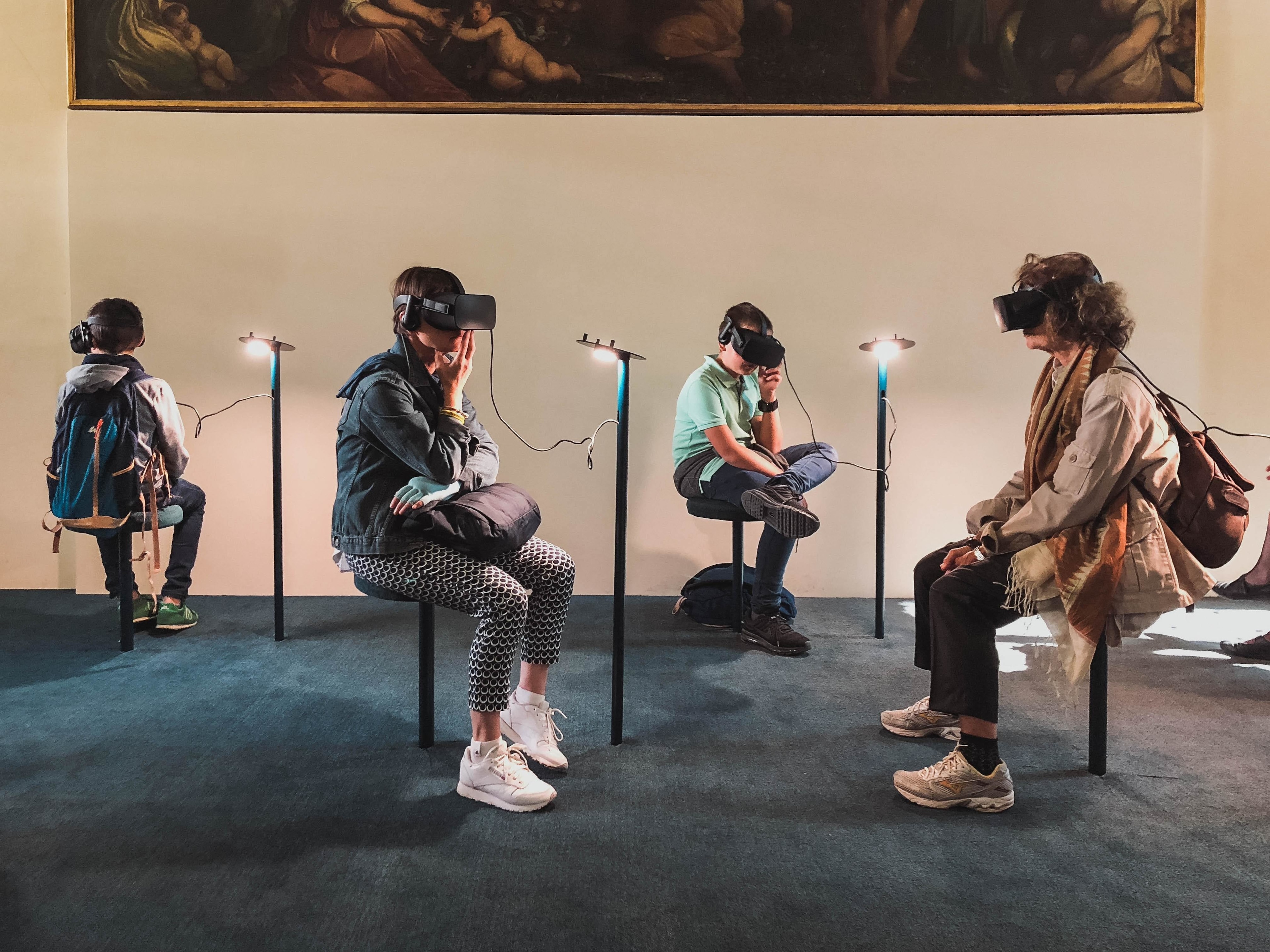
The Fourth Industrial Revolution represents a fundamental change in the way we live, work and relate to one another. It is a new chapter in human development, enabled by extraordinary technology advances commensurate with those of the first, second and third industrial revolutions. These advances are merging the physical, digital and biological worlds in ways that create both huge promise and potential peril. The speed, breadth and depth of this revolution is forcing us to rethink how countries develop, how organisations create value and even what it means to be human. The Fourth Industrial Revolution is about more than just technology-driven change; it is an opportunity to help everyone, including leaders, policy-makers and people from all income groups and nations, to harness converging technologies in order to create an inclusive, human-centred future. The real opportunity is to look beyond technology, and find ways to give the greatest number of people the ability to positively impact their families, organisations and communities.

Harder to handle: How COVID-19 has changed work as we know it
Perceived job insecurity caused by the coronavirus pandemic is a serious stressor affecting mental and physical health. But 2020 has shown we have great resilience.

3 ways tech solutions can help the world weather COVID-19
Research points to key ways businesses can prioritize how technology is deployed to meet needs while defending commercial interests.

How Food Innovation Hubs will scale technology to transform our food system
To ensure everyone in the global food system can benefit from technology, Food Innovation Hubs will drive solutions to meet local challenges and scale impact.

The woman who created the technology behind internet calls explains what it takes to innovate
Marian Croak on what it takes to innovate, why kids are an inspiration and how not fitting in can be an advantage.

Brainwaves could help us monitor mental health, says Alphabet
Combining machine learning with a 96-year-old technology that measures electrical activity in the brain could help mental health professionals monitor depression.

3 ways companies can navigate digital turbulence
Wharton’s George Day and Paul Schoemaker examine three key principles that underpin organizational vigilance and show how Adobe’s leaders used them to great effect.

Making finance cybersecure to ensure an inclusive recovery
Amid the rapid post-COVID digital transformation, a new blueprint for collaboration will strengthen the financial system against cyber attacks.

20 views on how to rebuild better after the pandemic
20 views on how to build a better future after COVID-19, as part of the World Economic Forum's Pioneers of Change meeting.

These are the top 10 emerging technologies of 2020
Want to know about the tech set to change the world in the near future? This list is a good place to start.

From virtual patients to green hydrogen: How to harness the top 10 emerging tech of 2020 for good
The World Economic Forum and Scientific American identified the top 10 technologies of 2020, including virtual patients, green hydrogen and quantum sensing.

How to transform your business model for a post-COVID future
If companies adopt only small changes, they run the risk of digitizing the past instead of innovating and transforming for the future.

7 ways the mining sector can prepare for the coming economic era
The mining and metals sector is facing a raft of transformational pressures. Here's how the industry can respond – and strengthen its role in the coming era.